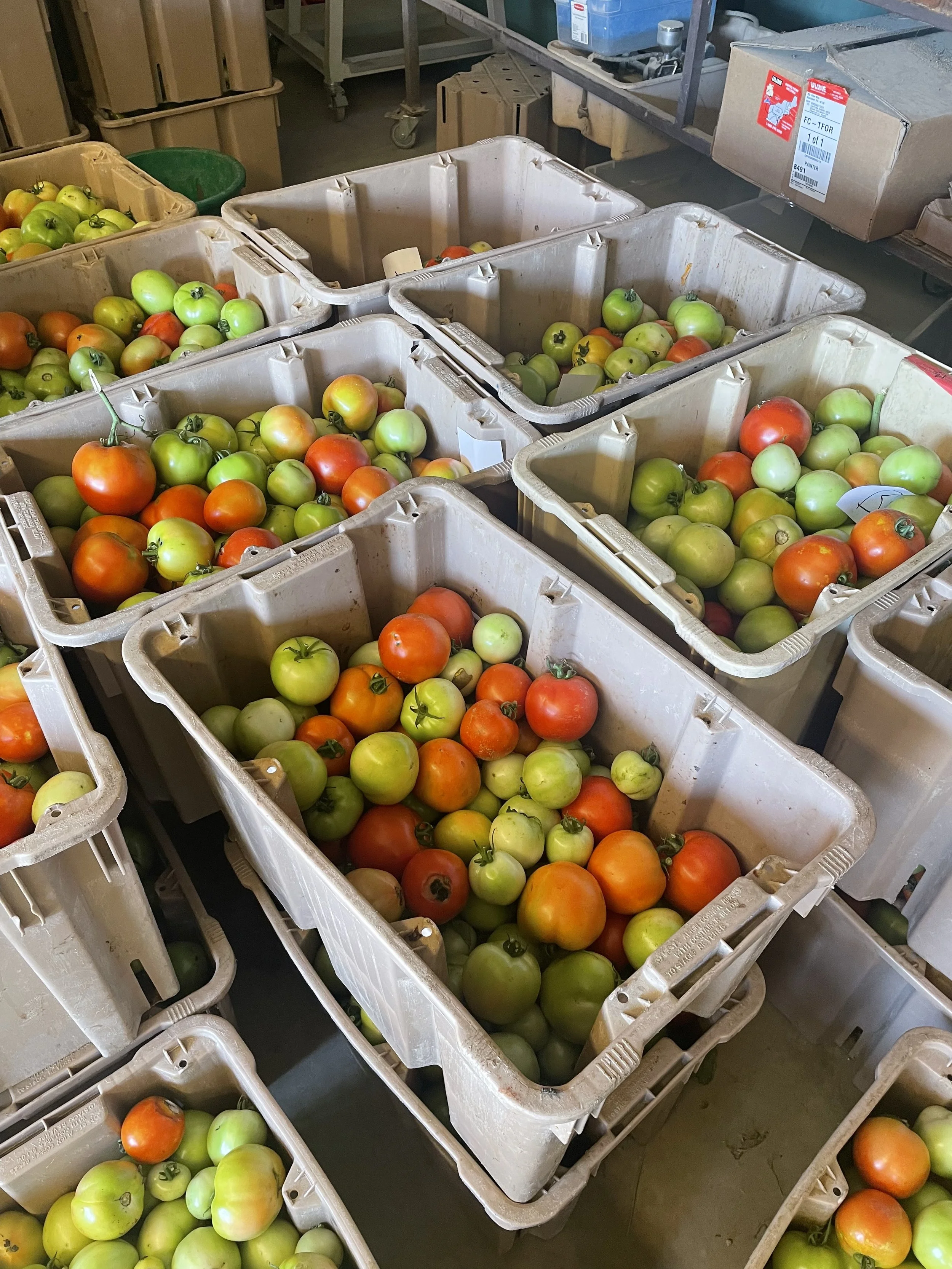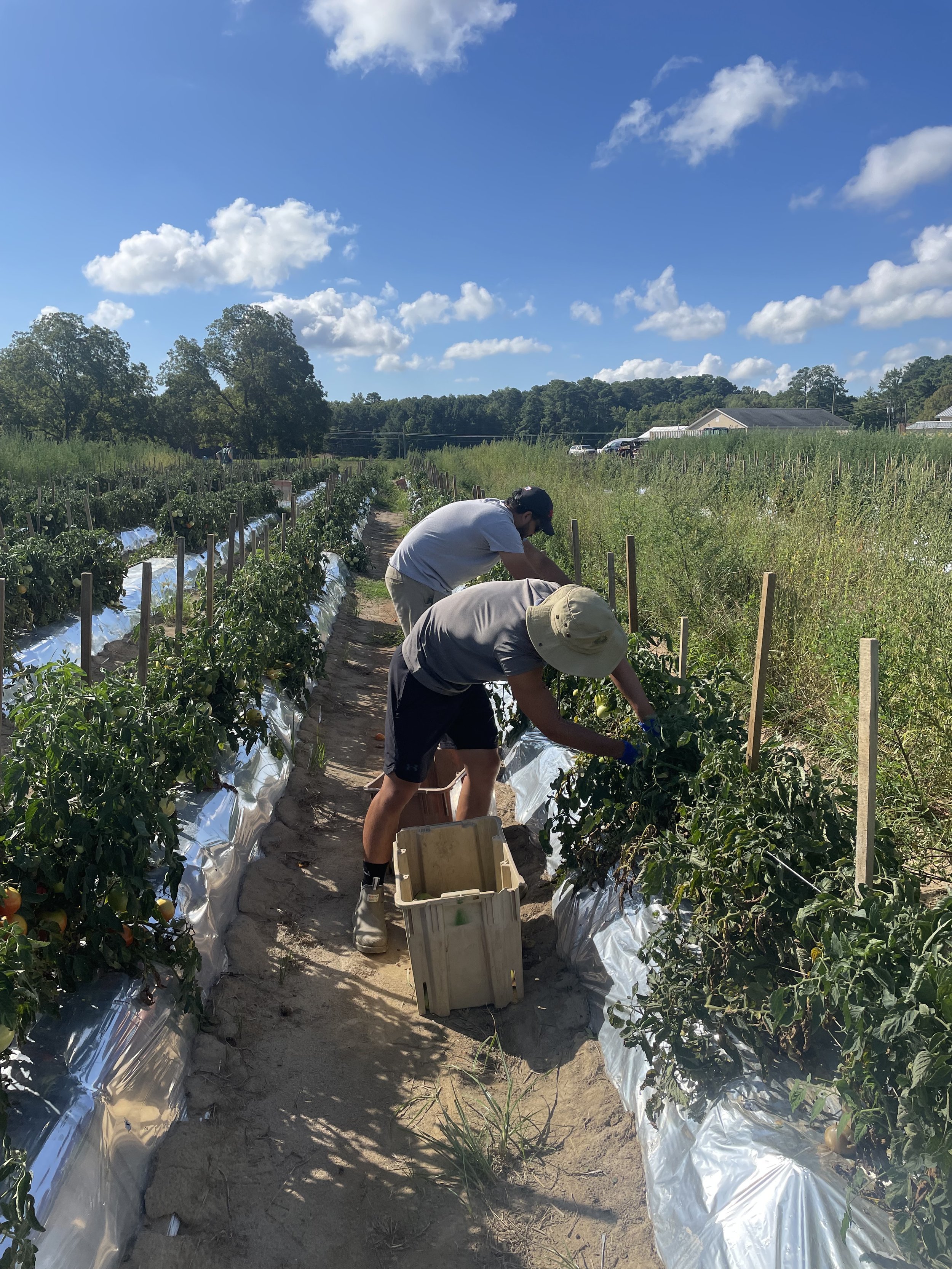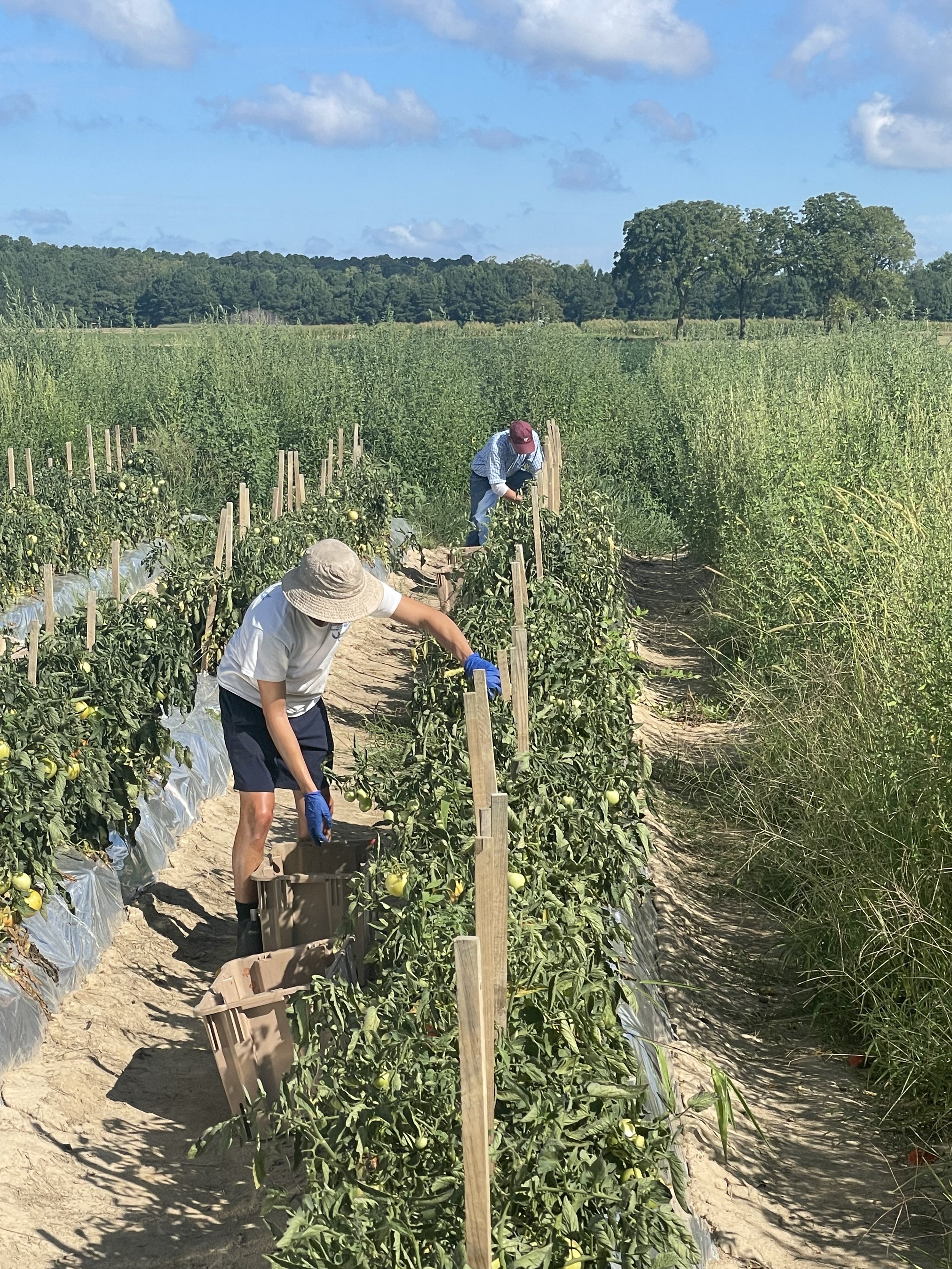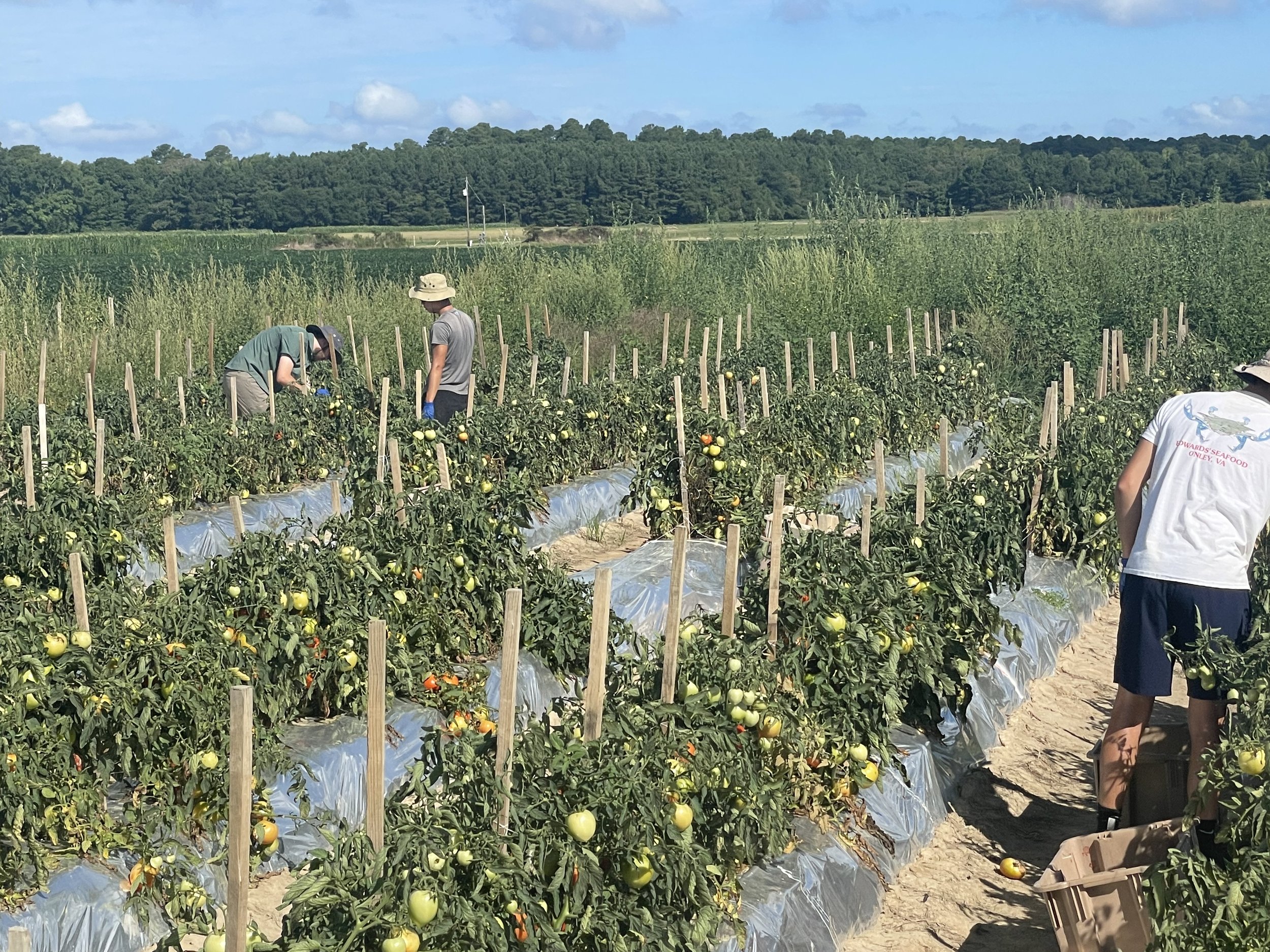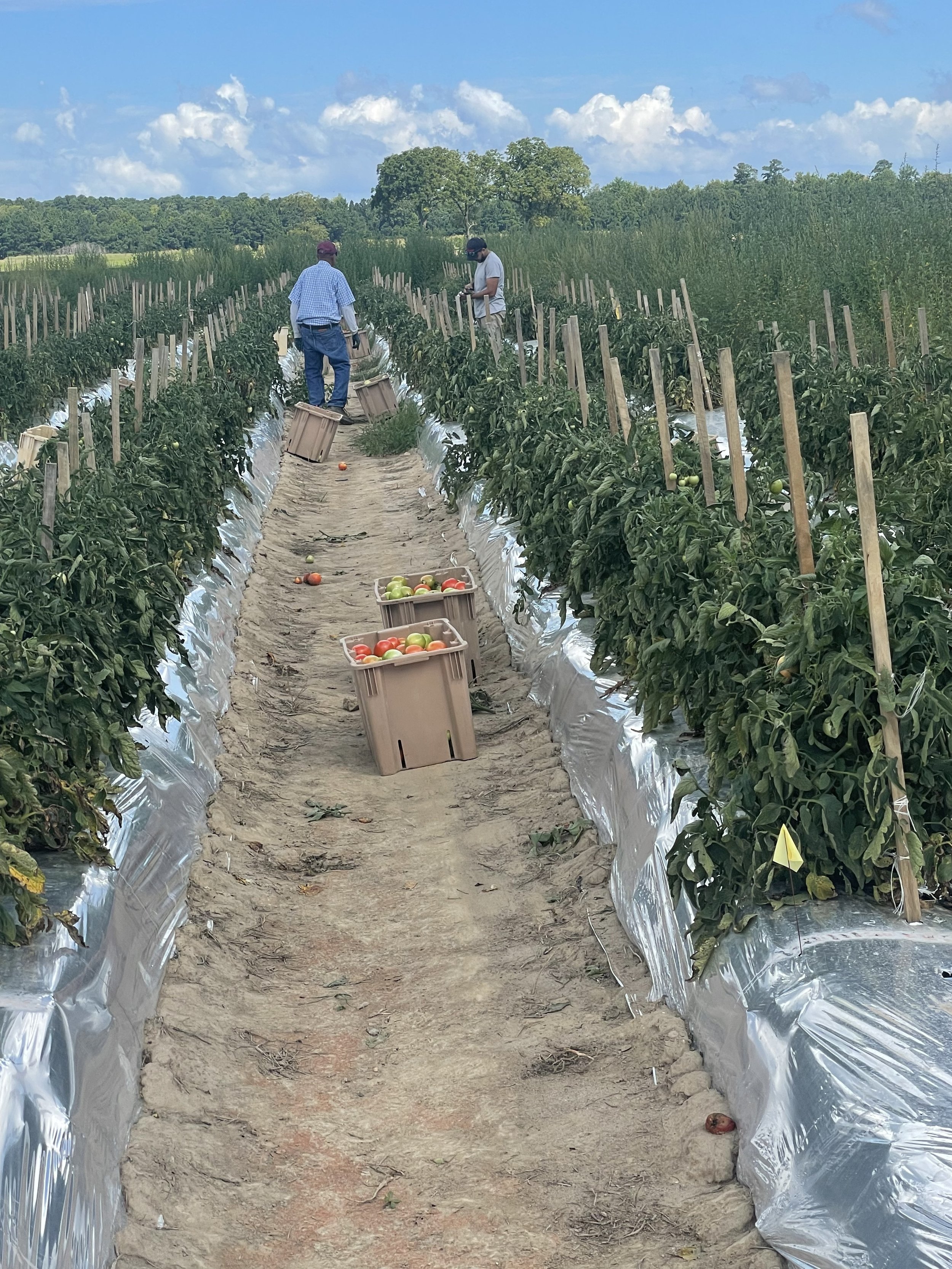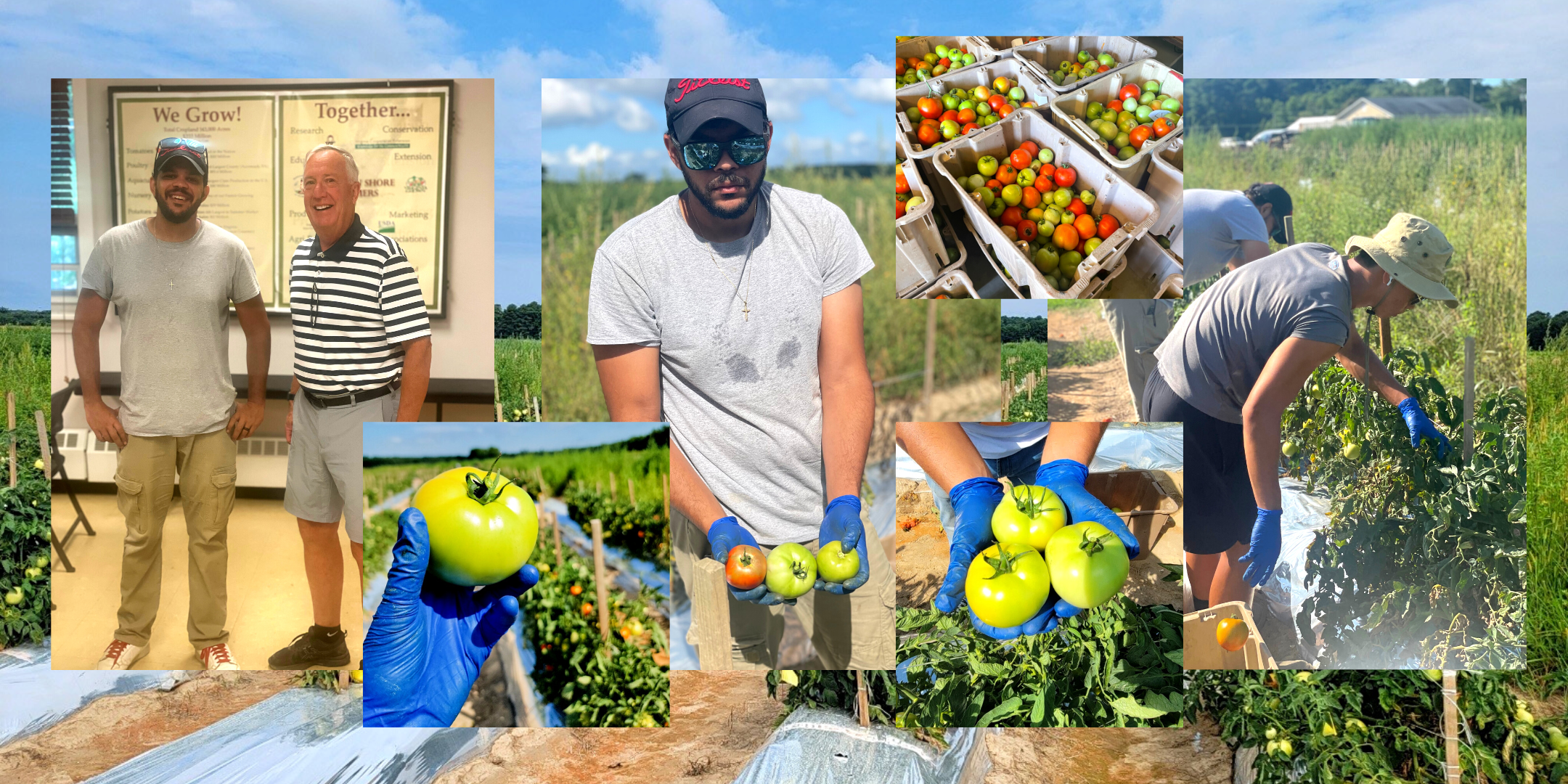VIRGINIA TECH TRIALS—AGROSHIELD’S ALL-NATURAL BACILIFOL POSITIVELY IMPACTS TOMATO PLANT GROWTH AND FRUIT PRODUCTION
AgroShield’s All-Natural Bacilifol™ is a bacillus amyloliquefaciens (deriving from an aquatic environment) product that promotes plant growth and overall health, as it acts as a natural plant health improvement additive. In 2022, an experiment was conducted at the Eastern Shore Agricultural Research and Extension Center of Virginia Tech to evaluate the effectiveness of Bacilifol on tomato plants. During this trial, Bacilifol was utilized for both soil preparation and a foliar spray. The study followed a randomized complete block design with four replications and assessed the impact of Bacilifol on various aspects of tomato growth. The experiment involved planting tomato plants in plots with a total of 4,356 plants per acre. The Bacilifol treatment was applied five weeks after planting when the plants were at an appropriate stage for treatment application. The study continued for 12 weeks, and data was collected to evaluate the effects of Bacilifol on different aspects of tomato growth. To assess the impact of Bacilifol on plant growth, plant tissue samples were collected at weeks 6 and 12 after transplanting for foliar analysis. The samples were analyzed for nutrient content, such as nitrogen, phosphorus, potassium, calcium, magnesium, sulfur, zinc, boron, iron, copper, and manganese.
The results indicated that there was an early increase in biomass and fruit production in the plants treated with Bacilifol compared to the control group. During the study, the growing season was hot and dry, and Bacilifol was added to the tape irrigation for all plants, including the control group. The harvest began 21 days earlier than usual due to the accelerated growing season caused by the hot and dry weather. In commercial operations, the desired tomatoes are green and then "gassed" with ethanol to make them turn ripe. The desired fruit needed to be a certain size, green (or pink), and flawless skin to meet these commercial criteria. The data collected from the trial showed that the Bacilifol treatment increased plant height at the early stages of growth (4 weeks) by 19.6% compared to the control treatment.
The trial also showed a decrease in foliar disease with a 2lb rate of Bacilifol application. However, it was observed that the 30-day application was not enough to counter the effects of evaporation caused by the hot and dry weather. In such conditions, more applications would be necessary to achieve optimal results. Additionally, the results showed that, at 6 weeks after transplanting, there was a tremendous increase in iron. Iron is essential in the production of chlorophyll, which is needed for green coloration and biomass production. The study demonstrated that Bacilifol helps young plants develop biomass earlier with greater initial height and earlier flowering. When Bacilifol was added to drip or tape irrigation, it maintained a healthier plant during stressful seasons. Additionally, Bacilifol used in a foliar application increased biomass and total fruit.
In conclusion, the study showed that Bacilifol can positively impact tomato plant growth and fruit production under fair growing conditions and traditional farming standards. The application of Bacilifol needs to be optimized according to the specific weather and environmental conditions in which the plants are grown. Further studies are required to determine the optimal application rate and frequency for different crops and growing conditions. Nonetheless, Bacilifol holds great promise as an all-natural solution for enhancing plant growth and boosting crop production in the agricultural industry.

